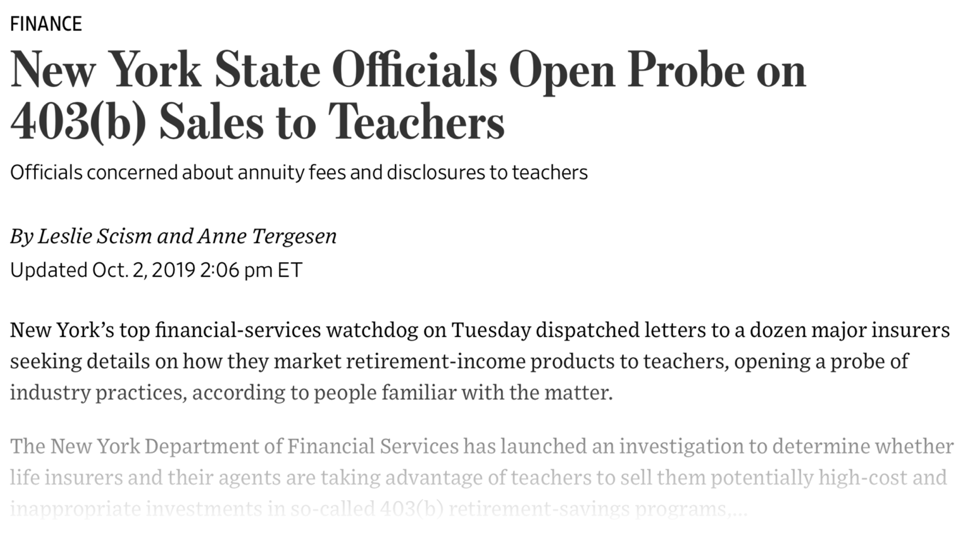ERISA requires all retirement plan sponsors to have a written plan document to formalize how their unique plan will operate. Operating a retirement plan without this key document can open up your business to significant liability. Why is the plan document so important, and what elements should be included in your organization’s plan document?
Evaluating Your Plan’s Recordkeeper
Your fiduciary responsibility to your plan participants includes periodically evaluating your plan’s recordkeeper to ensure their processes facilitate the correct execution and reporting of transactions, adherence to federal and state regulations, in addition to the reasonableness of fees in relation with the quality of services provided. With that said, it is important to periodically assess your current recordkeeper. Learn more about the role a plan recordkeeper plays and some of the factors plan sponsors should consider when choosing and evaluating a recordkeeper.
Creating an Effective Investment Policy Statement
Retirement plan sponsors aren’t required to have an Investment Policy Statement (IPS) for their plan. However, having a written statement in place can facilitate your organization’s plan meeting federal and state regulations and fulfilling the fiduciary duties of a plan sponsor and/or their committee. However, not all policy statements are created equal, and there are a few topics every IPS should cover. Learn about what should be included in an effective Investment Policy Statement and how a well-crafted IPS can lighten the load of a committee that’s tasked with difficult plan decisions.
403(b) Sales Practices in Question
Over the past few months, we have seen several news stories that raised concerns about insurance companies and their retirement plan sales practices. For example, here is an article that was published in late 2019 by The Wall Street Journal:

Based on the investigations that have reportedly been launched by the New York Department of Financial Services, as well as the Securities and Exchange Commission (SEC), how should retirement plan sponsors respond?
Are You a Fiduciary?
Administering a retirement plan and managing its assets requires certain actions and involves specific fiduciary responsibilities. If you make decisions that impact your organization’s retirement plan, you’re likely considered a fiduciary under the Employee Retirement Income Security Act of 1974 (ERISA). With the current scrutiny over retirement plan litigation, it is imperative that plan fiduciaries understand their responsibilities and adhere to ERISA’s standards. Learn more about who is considered a fiduciary, their fiduciary responsibilities, and how to fulfill their responsibilities to their participants.
- 1
- 2
- 3
- …
- 6
- Next Page »





